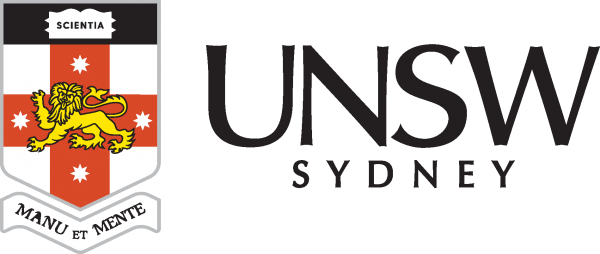University Of New South Wales: Literacy key to improve higher education access for disadvantaged students
A sector-first collaboration between three universities and six Western Sydney schools will improve equity and access to higher education for students from low socio-economic backgrounds.
The NSW Equity Consortium is a five-year partnership between UNSW Sydney, the University of Technology, Sydney (UTS) and Macquarie University, working with teachers and careers advisors to encourage students to cultivate more “expansive futures”.
The Consortium grew out of engaging with academics to formulate a new research-driven strategy and outreach agenda for UNSW, spearheaded by Mary Teague, Director of UNSW Access, Equity & Inclusion in the Division of Equity, Diversity & Inclusion.
In collaboration with schools and teachers, the Consortium has developed the Imagined Futures outreach program targeting underrepresented students in whole-cohort year-groups between Years 7 and 9. The project will build student and school capacity for accessing higher education and improving learning outcomes post-school. It is supported by funding from the NSW Department of Education.
“The research is anti-competitive, longitudinal and highly participatory in design,” says Dr Sally Baker, senior lecturer from the School of Education, UNSW Arts, Design & Architecture. “As such, it marks a departure from established outreach strategies.”
Dr Baker is an expert in teaching, language and literacies, and the educational experiences of culturally and linguistically diverse (CALD) migrant and refugee students. Her research operates through an advocacy lens informing public policy and practice on issues of equity in higher education.
Read more: Research centre led by UNSW to unlock potential of best NSW public schools
Combatting disadvantage with literacy
Literacy is fundamental to addressing disadvantage in schools, Dr Baker says.
“When we’re thinking about gaps between expectation and attainment, attainment is impacted primarily by things like literacy. Literacy is not the only factor but it’s a very important factor.
“For example, the challenges that can come with not being at age-appropriate reading and writing levels can lead to entrenched patterns of disengagement and then disadvantage for particular cohorts.”
Each university has developed a literacy-focused learning initiative, using creative methods to provide students with tools to navigate different pathways post-school. The initiatives will be delivered to whole-of-year cohorts in Years 7–10.
“If we follow the research, the earlier the outreach the better [the outcome],” Dr Baker says.
The literacy-focused initiatives provide a mechanism to challenge deficit thinking around students’ expectations post-school: their own preconceptions as well as un/conscious institutionalised bigotry, Dr Baker says. Disadvantage is intersectional; it forms across gender, socio-economic status and cultural background.
“It’s a long piece. It’s slow advocacy,” she says. “We are working to disrupt this very strongly entrenched educational disadvantage.
“We know the impacts of intergenerational trauma and an education system that’s not super fit-for-purpose for our First Nations students mean they can be critically disadvantaged.
“Then if we add in students like refugees, who are asked to take the same kind of standardised tests with limited language and literacy development, we’re creating the conditions for perpetual challenge with educational equity.”
Changing learning trajectories
The project encourages students to expand their aspirations with the support of teachers and careers advisors, and to approach education as a lifelong project.
“The theory of change that drives this project is the idea of the map, the compass and the key,” Dr Baker says.
“So, to imagine a future – whatever that future is – to be able to imagine beyond where you are in Year 7, 8 or 9, for example, you need to have some understanding of what the options are. So, being able to see the landscape of different career options, that’s the map.
“But you also need to be able to get from where you are to where you want to go, and understand what kind of routes and pathways you can take, and understand, importantly, that university is not the only pathway… So that’s the compass.
“[And] for our project, literacy is the key. That’s the really important part in the theory of change,” she says.
By enabling students to re-imagine their futures, the project aims to positively impact the learning trajectories of underrepresented groups.
“You need to know what’s there, you need to know how to get there, and you need the key,” Dr Baker says.

